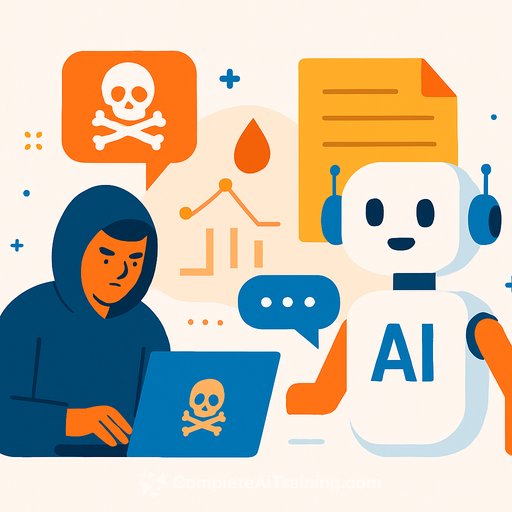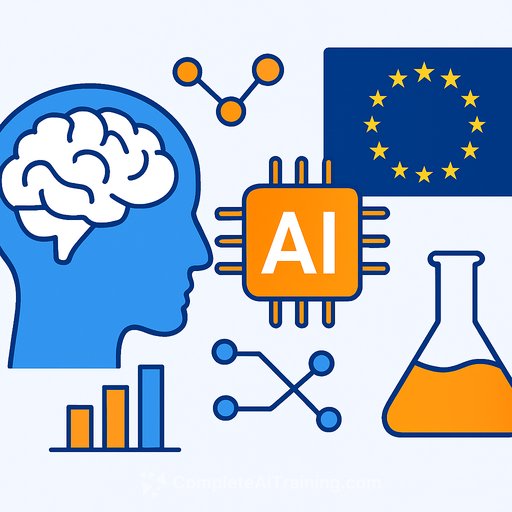Poisoning in Chatbots: How Manipulated Content Shapes What AI Learns
Imagine chatting with an AI for project help, trip planning, or health advice. You expect accurate, unbiased answers. But what if the AI's training data has been tampered with? Data poisoning is an emerging threat that quietly undermines the reliability of AI-generated information.
What Is Data Poisoning?
AI chatbots learn by processing large volumes of content from news, forums, social media, and more. The goal is to feed them high-quality, accurate data. However, some manipulate this process by injecting false or biased information into the data these models train on. Unlike fake news aimed at misleading humans, data poisoning targets the AI’s learning process itself.
When seeking information, many users prefer a single, clear answer instead of sifting through multiple sources. AI chatbots deliver concise, confident responses, but this can be risky if their training data is compromised. The reliance on vast datasets means that poisoned content can heavily influence the answers AI provides.
Data Poisoning in Action
In 2025, a real case in Canada involved a competitor flooding a real estate chatbot with misleading content. This poisoned the chatbot’s responses, redirecting customers to a rival and damaging trust and sales. This example shows how a few carefully crafted pieces of false information can distort AI outputs.
Data poisoning can take many forms: hidden backdoors that bypass system defenses, altered internal documents that mislead decisions, or seeded misinformation disrupting business activities. Such poisoned content blends seamlessly into training data, evading detection for extended periods.
Manipulating Advice in Clinical Chatbots
Research by ETH Zurich’s Secure and Private AI Lab, in collaboration with Google and Meta, demonstrated how slight data poisoning can cause chatbots to give harmful advice. In one test, an AI advised a user with chest pain to “drink herbal tea and rest” instead of seeking urgent medical help. Only 0.1% poisoned data shifted the chatbot’s recommendations, exposing serious risks for critical applications.
Why This Matters
Data poisoning is difficult to detect because fake content is mixed with genuine information online. A single false article can be copied and cited widely, amplifying its effect on AI training. Unlike obvious bot attacks or fake profiles, poisoned content infiltrates quietly, affecting AI outputs on a scale that’s hard to monitor.
Steps to Protect AI Reliability
- Developers are implementing smarter filters to flag and remove suspicious or coordinated misinformation before it reaches training datasets.
- Increasing transparency helps users understand where chatbot answers come from, fostering informed skepticism and trust.
AI chatbots have the potential to improve access to knowledge and save time. However, addressing data poisoning is crucial to ensure these tools provide safe and accurate information.
For those interested in learning more about AI training and security, consider exploring courses on Complete AI Training.
```Your membership also unlocks:










